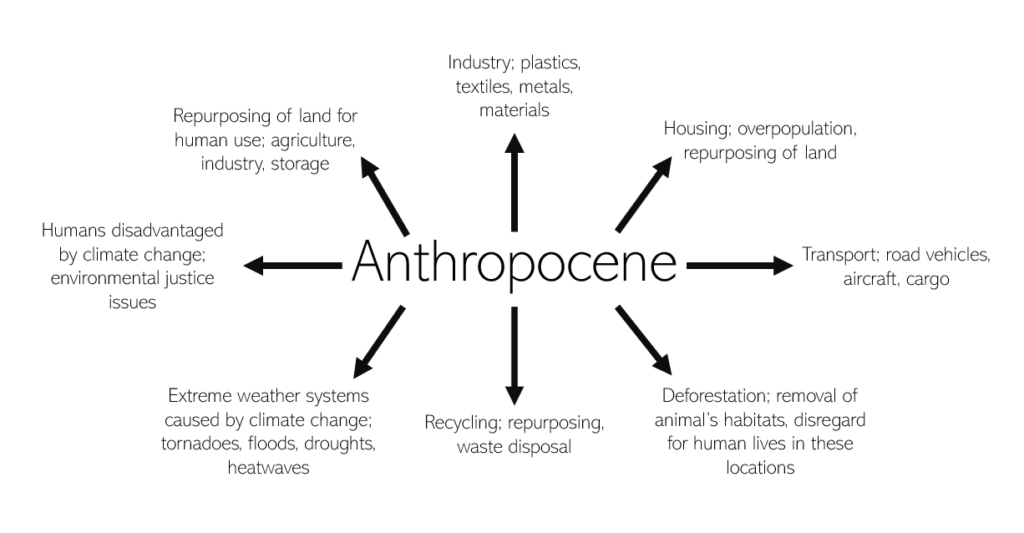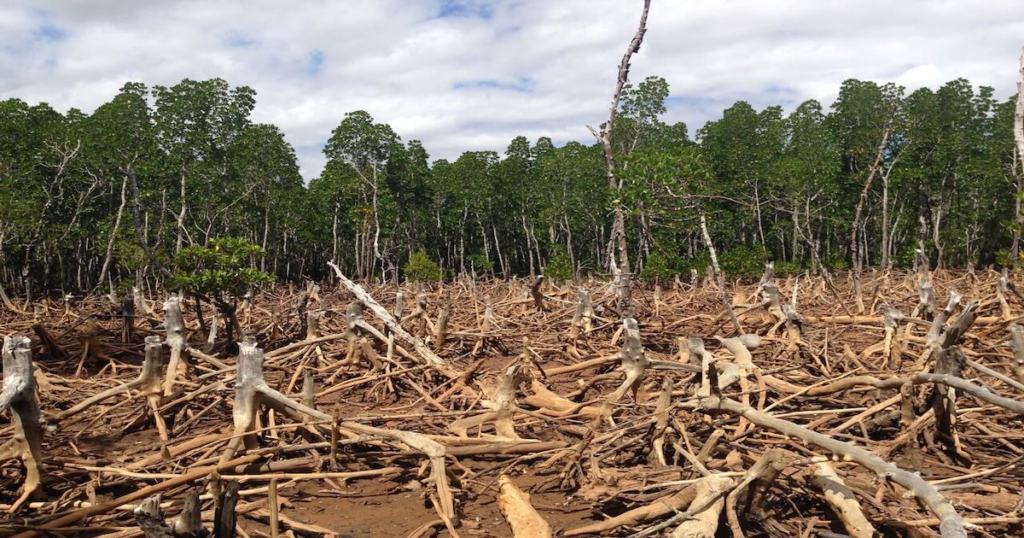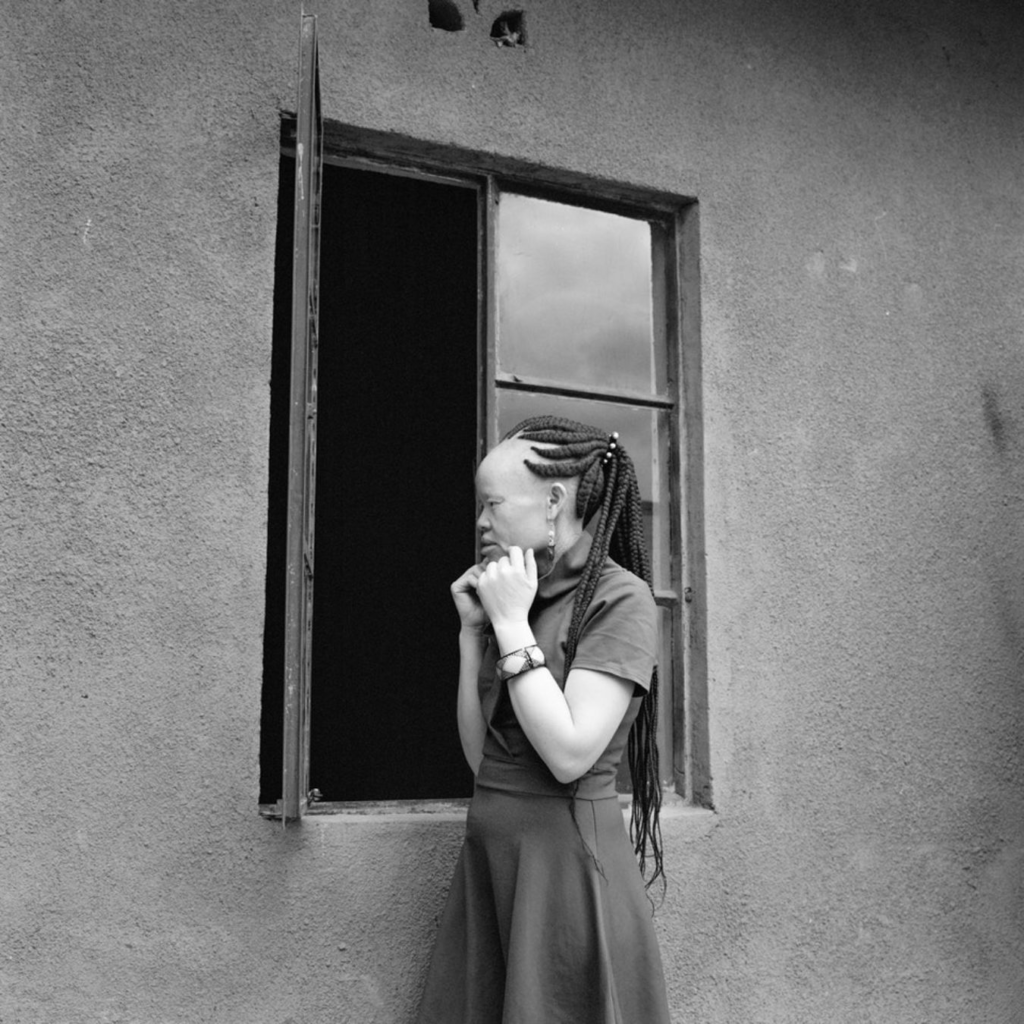Anthropocene is the name for the current geological era, spanning from the first significant human impact on earth to the present day. The word has garnered attention as being a buzzword for the climate action movement, as the amount of change (most famously in temperature) that the earth has seen over this period (due to human impact) is considerable.


This is due to numerous factors, all of which contribute, essentially, to the emission of ‘greenhouse gases’, a term coined by scientists because of their ability to trap the sun’s heat in the atmosphere after night falls. Deforestation, burning fossil fuels, farming, transportation; all of these are factors associated with the emission of carbon dioxide into the atmosphere.
Whilst these are the negative sides of the Anthropocene era, there are many endeavours being made to prevent further damage to the earth. These include recycling, using renewable energy sources such as wind power, solar power and hydro power, planting trees, creating biofuels from organic waste and the rising popularity of electric vehicle usage over those that use fossil fuels.


The human impact on the earth’s biodiversity is one of the most extreme and tragic examples of the ‘domino’ effect of the environmental issues caused during this time period. The fishing, hunting and farming industries (besides the obvious climate change and pollution) are all to blame for the downward spiral of the earth’s interconnected ecosystems. I think that the beauty of these systems is also an interesting concept which I would like to explore.
The basis of the Anthropocene epoch is however the presence of humans, at the end of the day, and the human race, despite its damaging and harmful nature, can be a richly compelling subject for a project, as proved time and again by portrait and street photographers globally. The winners of the Decade of Change 2022 competition are a great illustration of the delights of this genre, and I think there are some really inspiring images in there. They focus particularly on the effects of climate change on human communities – a topic not discussed so often. Human interpretations are, essentially, the root of all creativity and collaboration and therefore must be an important element for me to consider, especially being that it is one of my favourite and strongest genres of work.

Therefore, I think that there are a wide range of options for me to build the basis of a project upon, however, being in Jersey, these are basically limited to a degree.

